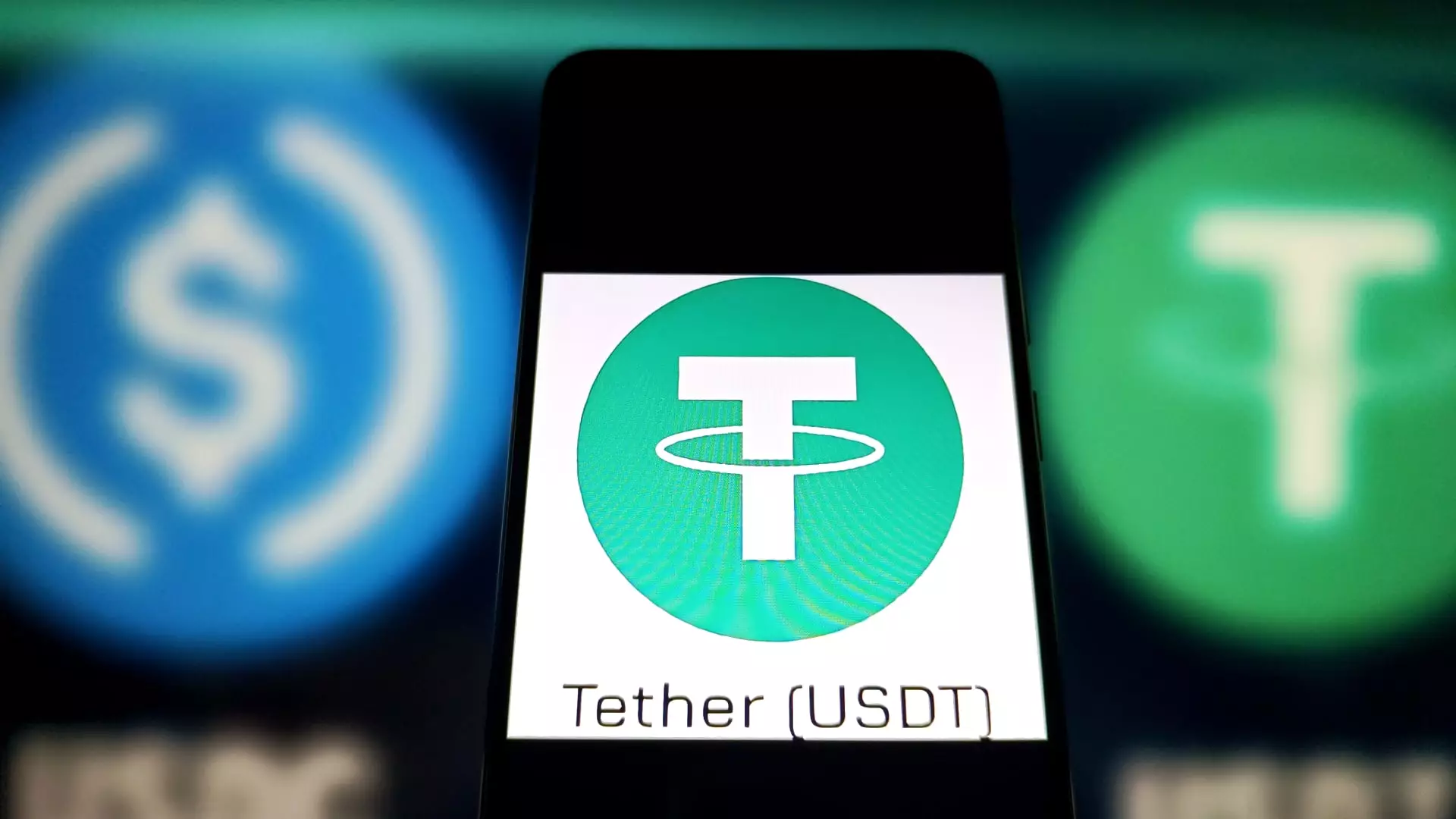On a pivotal Wednesday, Hong Kong took a significant stride in enhancing its cryptocurrency landscape by passing a groundbreaking bill tailored for stablecoins. Unlike the wildly fluctuating values of assets like Bitcoin, stablecoins offer a tethered approach, aligning their worth closely with real-world assets, be it fiat currencies or commodities. This legislative move underscores the growing global acknowledgment of stablecoins’ importance in the financial ecosystem, marking a pronounced shift in how governments are beginning to address digital assets.
The newly enacted law, which zeroes in on fiat-backed stablecoins, mandates that issuers must obtain a license from the Hong Kong Monetary Authority (HKMA). This licensing process includes stringent requirements, such as the prudent management of asset reserves and the critical separation of client assets from corporate funds. The HKMA is keen on ensuring that these regulations not only safeguard financial stability but also promote a fertile ground for innovation within the financial sector.
Building Confidence Through Regulation
In its official communication, the Hong Kong government emphasized that the stablecoins policy is set to roll out within the year, affording industry stakeholders ample time to acclimatize to the new guidelines. The licensing regime introduced earlier in 2023 required cryptocurrency firms engaged in retail offerings to comply with specific standards—a move that was previously absent in stablecoins regulation. Thus, Hong Kong’s proactive approach is commendable as it acknowledges the necessity of a cohesive regulatory framework to keep pace with the burgeoning demand for digital assets.
Industry voices, such as YeFeng Gong, the risk and strategy director at HashKey OTC, articulate the potential strengths of this legislation. Gong has asserted that the policy sets a global benchmark by demanding full reserve backing and stringent redemption guarantees. Such provisions ensure that traders can engage in stablecoin transactions with institutional-grade reliability. By positioning itself as a leader in regulated digital finance, Hong Kong aims to attract sustained investor confidence, a move that could pay dividends as the market evolves.
The Global Context of Stablecoin Regulation
Interestingly, Hong Kong’s legislative actions come at a time of heightened focus on stablecoin regulation globally. The U.S. Senate’s recent advancement of the GENIUS Act marks a potential overhaul in how stablecoins are viewed and regulated in America. Concurrently, various jurisdictions—ranging from the European Union to Singapore, and from the United Arab Emirates to Japan—are establishing their regulatory frameworks. This convergence of regulatory efforts hints at a broader trend: governments are recognizing the pivotal role stablecoins play in modern finance.
This recognition is particularly significant, as stablecoins are frequently highlighted as the backbone of the cryptocurrency ecosystem. Chengyi Ong from Chainalysis aptly noted that while stablecoins maintain price stability, they also create pathways to streamline traditional financial processes, such as reducing the time and costs associated with cross-border payments. This intrinsic utility is a chief driver behind the global rush to create robust regulations that nurture high-quality stablecoins, fostering both innovation and security.
The Economic Implications of Stablecoin Regulation
From an economic standpoint, the implications of Hong Kong’s legislative move could be far-reaching. With a reported market capitalization for stablecoins hovering around $232 billion, the potential for stability and growth in this sector cannot be overstated. By providing a regulatory framework, Hong Kong not only paves the way for its economic players but also sends a strong message globally about the importance of structured growth in the digital asset space.
As more governments adopt similar regulatory measures, the landscape for stablecoins is likely to evolve, leading to an increased legitimacy and broader adoption amongst both retail and institutional investors. The stability that these digital assets promise may very well bridge the gap between traditional finance and the rapidly expanding world of cryptocurrencies, ultimately reshaping how we think about value exchange in the modern economy.
With Hong Kong’s forward-thinking approach, the stage is set for a new era in financial innovation, one where regulatory clarity fosters growth and assures stakeholders, instilling a sense of confidence crucial for the digital asset revolution.

